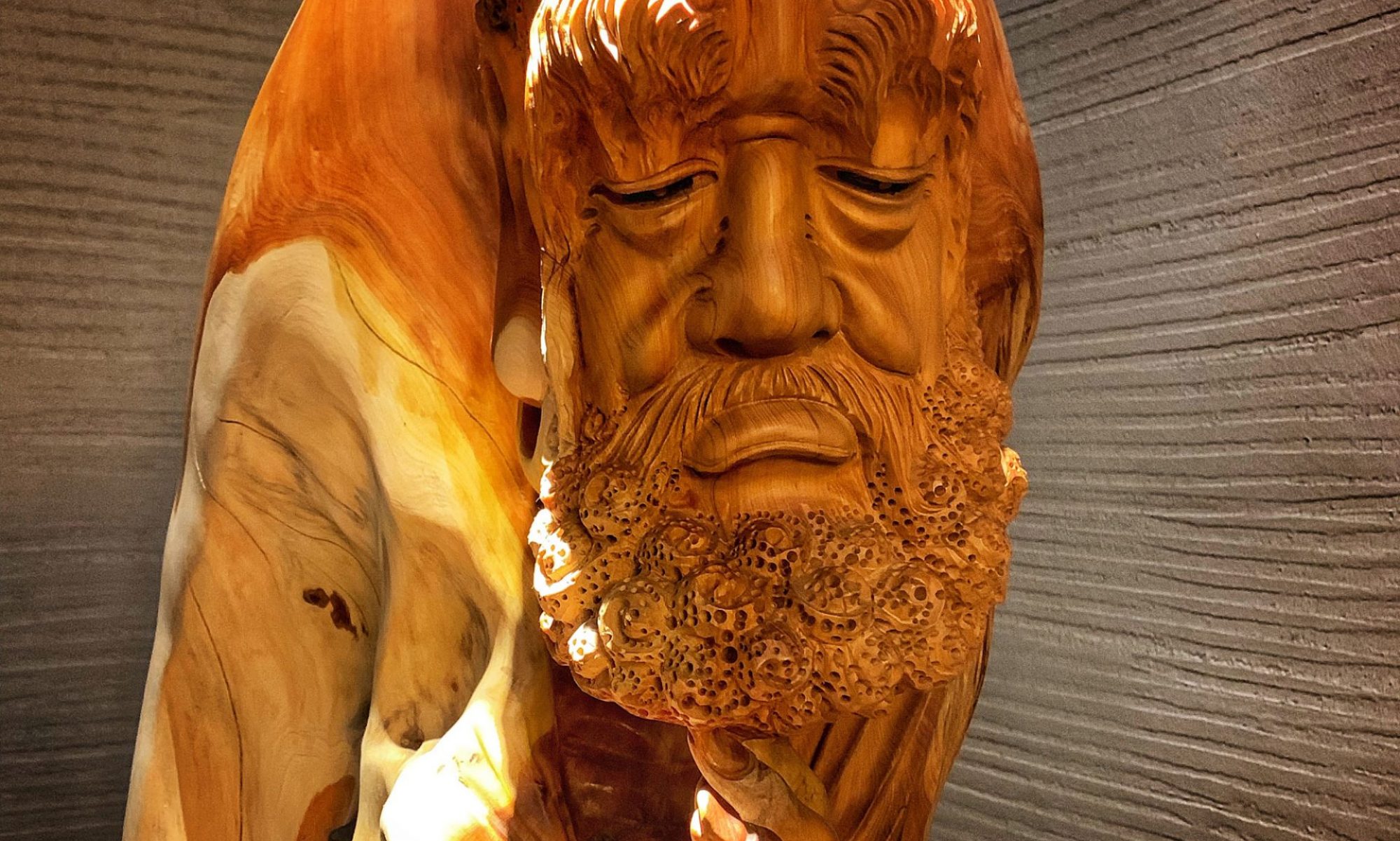Though we have slept many uncountable times and woke up from each sleep (else we won’t be reading this!), we hardly acknowledged that the world we “exist” in does not arise at all in our field of awareness until we “return” to it from sleep. Yet, on the same note, we cannot say the same with dreams as we don’t “return” to the same scene we left in our previous dream.
When we “return” from our sleep, is it really a waking up or merely a remembering of the world before we went to sleep? What if our memory fails us? What if we cannot totally remember who we are or where we are? Would it still be considered a waking up? What if this world is but a memory instead a wakeup? What then will a real wakeup entail?
***
The above enquiry came up in my mind one morning. I have always been curious about sleep. For awhile now, I came to realise that the mind cannot “sleep”. How I came to know about this is during one session of grogginess after a lunch meal, I was noticing this dullness of mind yearning for a sleep and suddenly it dawned upon me that the knowing mind is alert and running in parallel with the contrast of dullness. It is as if there are three partisans of experience occurring at one moment – dullness, knowing mind and the mind that knows both happenings. It became obvious to me that whether I notice it or not, the knowing mind is already doing its job all the time – sleep was never in its vocabulary. So what is it that sleeps then?
Yet strangely enough, the reality of the here disappears from the mind once it enters into the sleep mode. And “wherever” it is, the part of the knowing mind will take whatever object there is as a reality, forgetting what was before that. It is kind of bizarre, as one moment you are here, awake, so real, yet another moment, a total cut off with a temporary amnesiac experience setting in. Within the sleep, amnesiac was never the experience as what is in it becomes our reality. Thus, when we “return” from the sleep, we do not actually wakeup, except recalling or remembering a familiarity that make us think we are “out” of the sleep. It is obvious that it is a remembering activity rather than a true wakeup because it is the experience of forgetfulness that make us remember again, since both remembering and forgetting are mere opposites.
The question that pops up in my mind is, if there is really no waking up in my present experience, what the heck is really here? If there is truly a waking up, what is it then? The Buddha used the word “I am Awakened” when someone asked him who is he, just after his enlightenment. Surely if we are able to wake up from our sleep each morning, we can considered ourselves awake. Yet it is not true, as we would all have been enlightened by now!
What I only know until now is that, I am in a deluded knowing. There is so much unquestioned reality that I took for granted as real. Yet upon deeper probing, I start to realize there are flaws and unrealness in practically every meaning I have about the world.
All been said, it is either I forget about all these silly abstract questionings that my mind has come to observe and go back to enjoying life to its fullness, irrelevant whether it is happiness or suffering, or to continue exploring the possibilities of insights that could arise from those questions. But then again, do I really have a choice to change the direction the mind takes….
